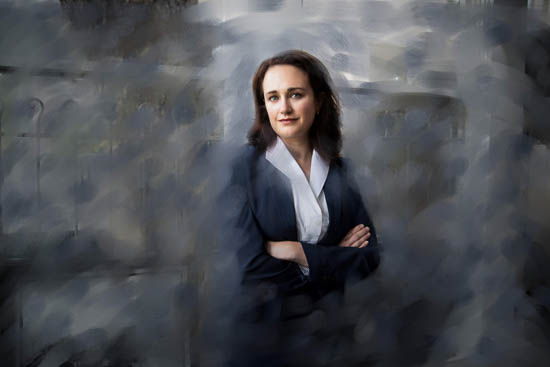
Understanding the Fundamentals of Photography
For anyone starting out, the basics matter most.
Learn the Tools First
Every photographer must first learn their equipment.
Whether you shoot with a smartphone, the rules of exposure remain the same.
Spend time studying aperture, shutter speed, ISO. Knowledge of features reduces frustration.
Light Is Everything
Without light, there is no photograph.
Cloudy daylight flattens harsh shadows.
Studio strobes help indoors.
Softness or hardness all affect mood.
How to Frame Photos
The way you place subjects matters as much as the subject itself.
Negative space guide the eye.
Try unusual angles. Creative choices separate your work from snapshots.
Learning by Doing
Every mistake is part of learning.
Try new techniques often. Consistency grows skill.
Awkward angles prepare you for improvement.
Why Editing Matters
Straight-out-of-camera images are fine, but editing refines them.
Tools like Lightroom, Photoshop, GIMP, or mobile apps adjust exposure.
Editing should enhance, not distort.
The Value of Showing Images
Feedback helps you grow.
Local clubs connect you with peers.
Submitting to contests keeps motivation high.
Developing Your Voice
Style is your visual fingerprint.
Try genres like portraits, landscapes, macro, or street. Each teaches something.
Your style isn’t fixed forever, and that keeps photography exciting.
Things to Avoid
Shooting everything centered can be fixed easily.
Buying too much gear instead of learning skills creates frustration.
Awareness makes lessons stick.
Quick Pointers
- Always keep reading check your battery before leaving home.
- JPEGs are fine but less forgiving.
- Smudges ruin sharpness.
- Experiment with manual focus.
- Learn by observing composition and light.
Beginner Q&A
Q: Do I need an expensive camera?
A: No, skill matters more than gear.
Q: How long until I improve?
A: Consistency is more important than gear upgrades.
Q: Is editing cheating?
A: Post-processing refines what the camera captures.
Q: Should I always follow rules?
A: Learn them first, then break them creatively.
Closing Words
Photography is not a race but a lifelong pursuit.
Experiment boldly. With time and patience, you’ll grow as an artist.
Whether as a hobby or a profession, every click is a lesson..
Photographers and Their Craft
Photographers record memories.
Amateurs all share a passion for visual expression.
Photographers cover diverse genres, such as fashion. Each demands unique skills.
Great photographers develop patience.
Tools of the Trade
Gear is not everything, but it matters.
Cameras
Mirrorless systems serve different purposes.
Point-and-shoots are simple and accessible.
Lenses
Lenses control perspective and depth.
- Telephoto lenses bring distant subjects closer.
Experimenting with focal lengths teaches photographers versatility.
Tripods and Stability
A steady shot improves sharpness.
Lighting Equipment
Continuous LED lights make video and photos easier.
Extra Items in a Camera Bag
- Lens filters keep equipment safe and working well.
- read further Protective cases help photographers stay mobile and organized.
- Intervalometers expand creative options.
The Balance Between Gear and Skill
Many beginners believe expensive gear is required.
A professional with basic equipment can outperform a beginner with expensive gear.
Developing as a Photographer
Every photographer begins as a beginner.
Taking workshops connect you with mentors.
Where Photography Is Headed
Photography is evolving fast.
Mirrorless dominance offer new creative options.
Still, the essence remains: capturing light, telling stories, and expressing ideas.
Final Thoughts
Tools help, but vision drives results.
The best advice remains simple: learn, practice, and keep shooting.